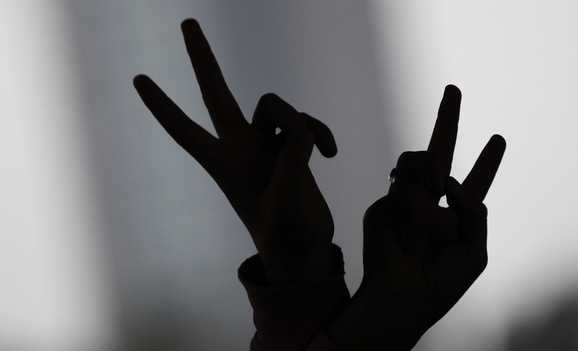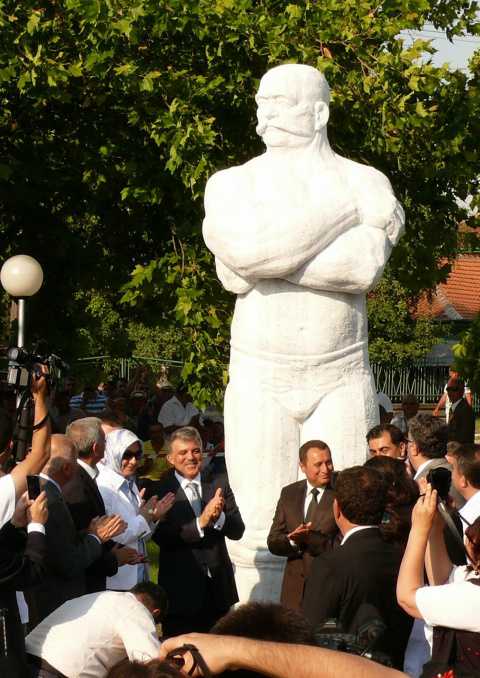
Turkey’s President Abdullah Gul has stirred a controversy when he gave a speech in Turkish in a village in Northeastern Bulgaria without allowing for interpretation.
Gul, who was visiting Shumen and Northeastern Bulgaria on the second day of his state visit, Tuesday, spoke for 9 minutes to about 2000 locals in the village of Hitrino, the correspondent of BGNES reported.
Even though the interpreter made an attempt for a consecutive translation of the speech, Gul did not stop to allow for interpretation. Thus, his speech was understandable for local ethnic Turkish population and the journalists from Turkey but not for the some 30 Bulgarian journalists.
According to the locals who heard Gul’s speech, he spoke about the good neighborly relations between Bulgaria and Turkey.
The Mayor of Hitrino Nuridin Ismail spoke after Gul in Bulgarian with interpretation in Turkish.
Gul was also present at the opening of a monument of legendary Bulgarian-Turkish wrestler Koca Yusuf (1864-1898) who is a native of the neighboring village of Cherna.
The 8-ton marble statute of Koca Yusuf is authored by Shumen sculptor Bihcet Danaci, it bears an inscription in Bulgarian, Turkish, and English.
Koca Yusuf is known for winning numerous wrestling matches across Europe and in America. In 1898, he perished on his way back to his native region of Northeastern Bulgaria on a trans-Atlantic voyage when his ship sank.
In Hitrino, Turkish President Gul was also congratulated by children reciting poems in Bulgarian and Turkish and performing Bulgarian folklore dances.
In Shumen, he visited the famous Tombul mosque, and the monument of the Creators of the Bulgarian State.
via Bulgaria: Turkish President Raises Eyebrows with No Interpretation Speech in Bulgaria – Novinite.com – Sofia News Agency.

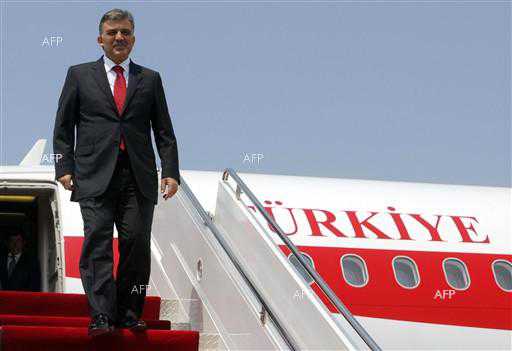

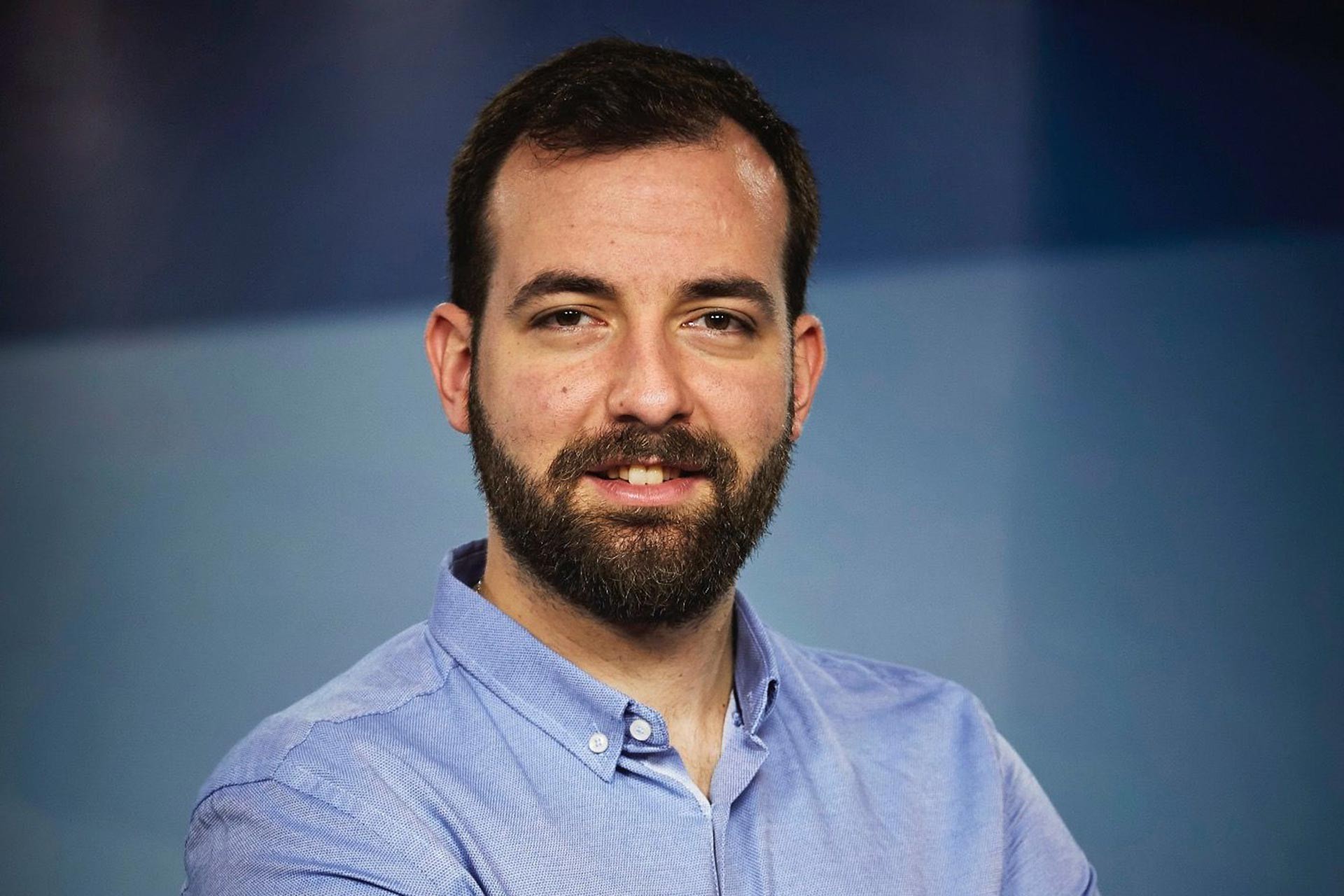
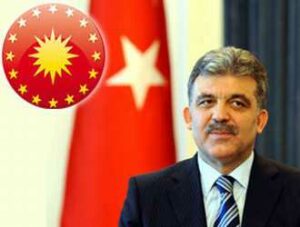 As you all know, in parliamentary systems of government, the Presidents, as Head of State, stand for the state, which charges them the obligation to reflect neutrality, no matter whether they are from a political party out of the parliament. In Turkey, additionally, the President is supposed to stand for the republic and, thus, the “people of Turkey”, which enforces him to be neutral as an ethical and moral task.
As you all know, in parliamentary systems of government, the Presidents, as Head of State, stand for the state, which charges them the obligation to reflect neutrality, no matter whether they are from a political party out of the parliament. In Turkey, additionally, the President is supposed to stand for the republic and, thus, the “people of Turkey”, which enforces him to be neutral as an ethical and moral task.